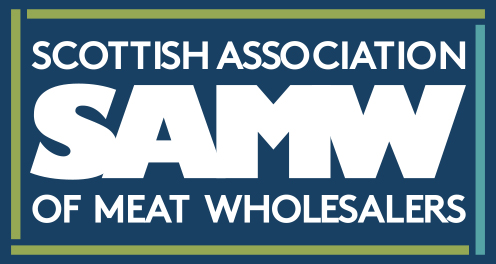UECBV Conference – reflections by SAMW President, Ian Bentley
UECBV Conference, Dublin, 20/21 October 2022.
This year’s Conference, at the Aviva Rugby Stadium in Dublin, celebrated UECBV’s 70th anniversary. SAMW were represented by Ian Bentley and Isla Roebuck, other attendees included Nick Allen from BMPA. We felt it was important that Scotland and the UK should continue to be seen as participants in the European meat industry with organisations like UECBV as we are no longer represented in the EU.
The theme of the conference was Sustainability , with speakers covering different aspects of the subject on the first day. Scotland played its part as one of the most effective speakers was Scottish nutritionist Carrie Ruxton who exploded many of the myths around meat consumption and its links to health. Meat has many more positive health attributes than negative ones a message which needs to be heard much more often. Carrie’s theme was carried on in an entertaining and thought provoking presentation by Prof Pat Wall from University College Dublin. Prof Wall is part of the group who are actively challenging the authors of the Eat Lancet Report, and he too debunked some of the untruths contained in it.
An encouraging statistical presentation forecast that despite all the gloom, world wide consumption of red meat is still predicted to grow, and in the face of warmer climates the British Isles will still enjoy ideal conditions for rearing cattle sheep and pigs.
The second day of the Conference involved a visit to Devenish’s experimental farm 25 miles north of Dublin. The farm was set up by Devenish with the aim of achieving net zero carbon on a cattle and sheep rearing operation. Prof John Gilliland, who spoke at The Highland Show in June and is very involved in the farm, gave a presentation describing the initiatives they have taken with soils, grasses, feed additives, diversity measures etc. These have had the cumulative effect of reducing net carbon production to zero when netted against the carbon storage of the farmland, trees and hedges, measurements which are seldom included in carbon calculations. The vist was fascinating and showed how a more balanced assessment of carbon gives a very different picture of the “evils” of meat production.
Overall, the Conference was interesting and gave a good opportunity for us to meet with other meat industry figures and to ensure Scotland’s place on the European scene is not ignored.
